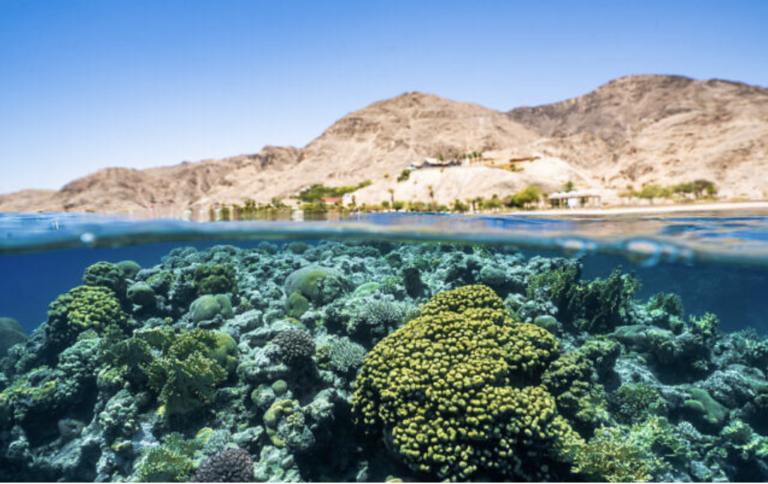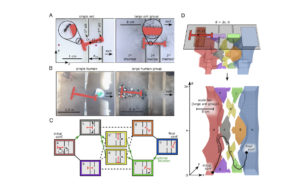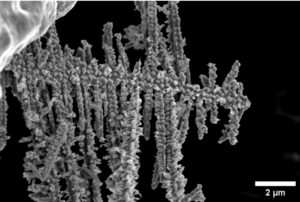Haïfa U .: "Israël doit mieux se préparer aux pollutions maritimes et évaluer l'impact de la marée noire sur la dessalinisation"
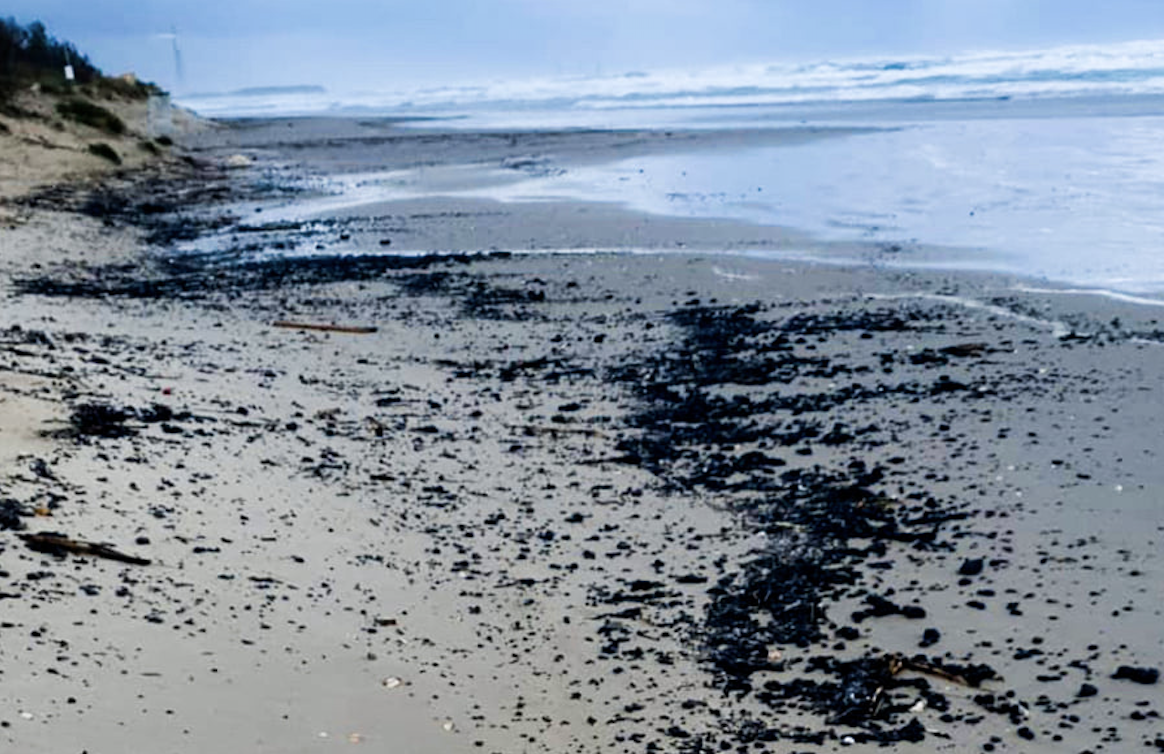
[:fr]
Ilana Berman-Frank, directrice de l’école Leon H. Charney des sciences marines à l’Université de Haïfa en Israël explique comment les satellites européens ont détecté du pétrole à la surface de la mer bien avant qu’Israël ne découvre le déversement sur ses plages. Elle souligne que cela se reproduira si le pays n’apprend pas de ses erreurs. Elle met en garde contre les dommages à long terme, y compris l’eau potable du pays.
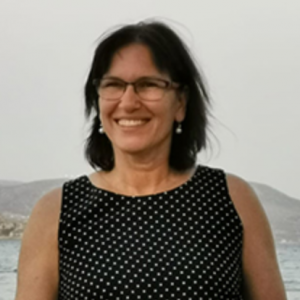
« Bien qu’il existe un plan national pour faire face aux déversements d’hydrocarbures et à la pollution en mer, Israël a montré avec cet événement qu’il était actuellement largement sous-préparé pour faire face à de tels incidents. En fait, le pétrole sur l’eau de mer en surface avait été détecté par des satellites européens bien avant qu’Israël découvre le déversement. S’ils sont pris à temps, nous pouvons minimiser les dommages que nous subissons. Nous devons être en mesure d’identifier immédiatement les déversements en prévoyant et en surveillant la situation, en parallèle. La technologie existe mais les différents services de la réglementation israéliennes doivent se concerter et les mettre en œuvre avant que d’être confrontés à une autre catastrophe. Les technologies sont disponibles et incluent des techniques de détection par satellite et à distance ainsi que des planeurs et des bouées avec des capteurs pour des variables environnementales telles que les courants, les vagues et la détection d’hydrocarbures ».
« Des ressources doivent être allouées afin que les technologies et les professionnels puissent surveiller l’environnement avant, pendant et après les événements polluants. Cela nous permettra d’agir rapidement plutôt que d’attendre plus d’une semaine après la première observation du pétrole en mer. Une fois que le pétrole a atteint le rivage, il est trop tard pour faire face aux dégâts. Et si nous n’agissons pas, cela se reproduira. La Méditerranée orientale est l’une des routes de navigation les plus utilisées et est donc plus sujette à de telles catastrophes, l’une des zones marines les plus sensibles aux pressions environnementales et aux catastrophes et il est donc important de surveiller en permanence pour prévenir et atténuer tout incident potentiel ».

« Il faut également centraliser les efforts pour gérer ces catastrophes. Nous ne pouvons pas compter sur des milliers de bénévoles pour nettoyer nos plages contaminées. À ce jour, le ministère de la Protection de l’environnement s’occupe de la protection de l’eau. Une fois que la pollution frappe les plages, cela devient la responsabilité des autorités locales, aidées par différentes organisations telles que l’Autorité des parcs naturels et nationaux. L’ensemble du processus doit être géré et supervisé par un organe directeur central. À l’heure actuelle, nous nous concentrons sur la résolution de l’impact immédiat du déversement, mais cela aura sans aucun doute des répercussions à long terme, avec des changements potentiels du cycle alimentaire et une accumulation de toxines. En outre, plus de 60% de l’eau potable d’Israël provient de la mer, cela peut également devenir un problème si les déversements atteignent les cinq usines de dessalement d’eau à grande échelle du pays », alerte-t-elle.
Adaptation/traduction Esther Amar pour Israël Science Info
[:en]

« Resources need to be allocated so that technologies and professional personnel can monitor the environment before, during, and after the polluting events. This will allow us to act quickly rather than waiting over a week from when the oil was first observed at sea. Once the oil has reached the shore, dealing with the damage is too late. And unless we act, this will happen again. The Eastern Mediterranean is one of the most used shipping routes so is more prone to such disasters. At the same time is also one of the most sensitive marine areas to environmental pressures and disasters and it is therefore important to continuously monitor to prevent and mitigate any potential incidents.

« There also needs to be a more centralized effort to handle such disasters too. We can’t rely on thousands of volunteers to clean our contaminated beaches. Right now the Ministry of Environmental Protection handles protection in the water and once it hits the shores, it becomes the responsibility of the local authorities, which are aided by different organizations such as the Nature and National Parks Authority. The whole process needs to be managed and overseen by a central governing body.
« Right now we’re focussed on addressing the immediate impact of the spill but this will undoubtedly have long-term repercussions too, with potential changes to the food cycle and accumulation of toxins. Furthermore, over 60% of Israel’s drinking water comes from the sea so this can also become a concern if spills reach the country’s five large-scale water desalination plants. »
[:]



